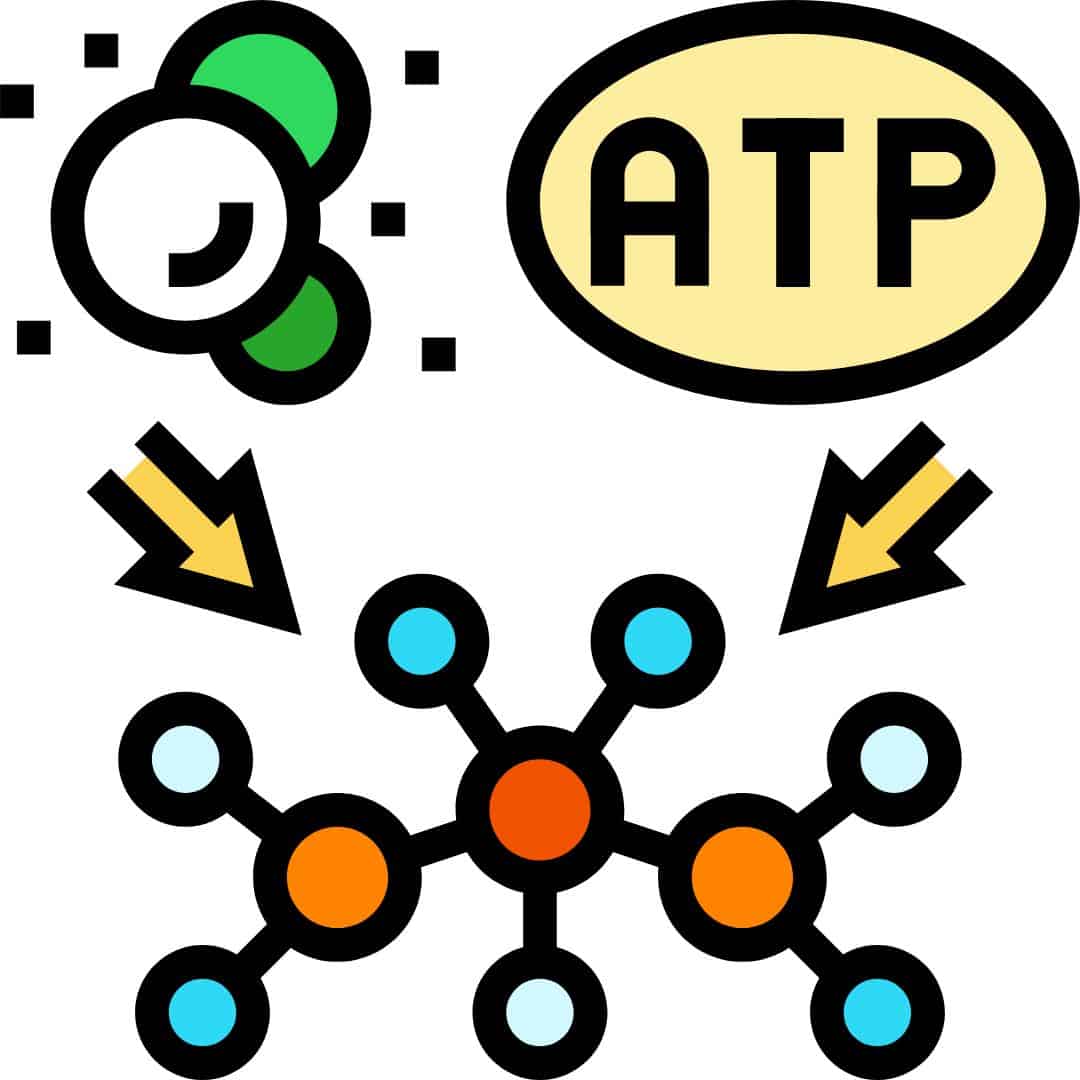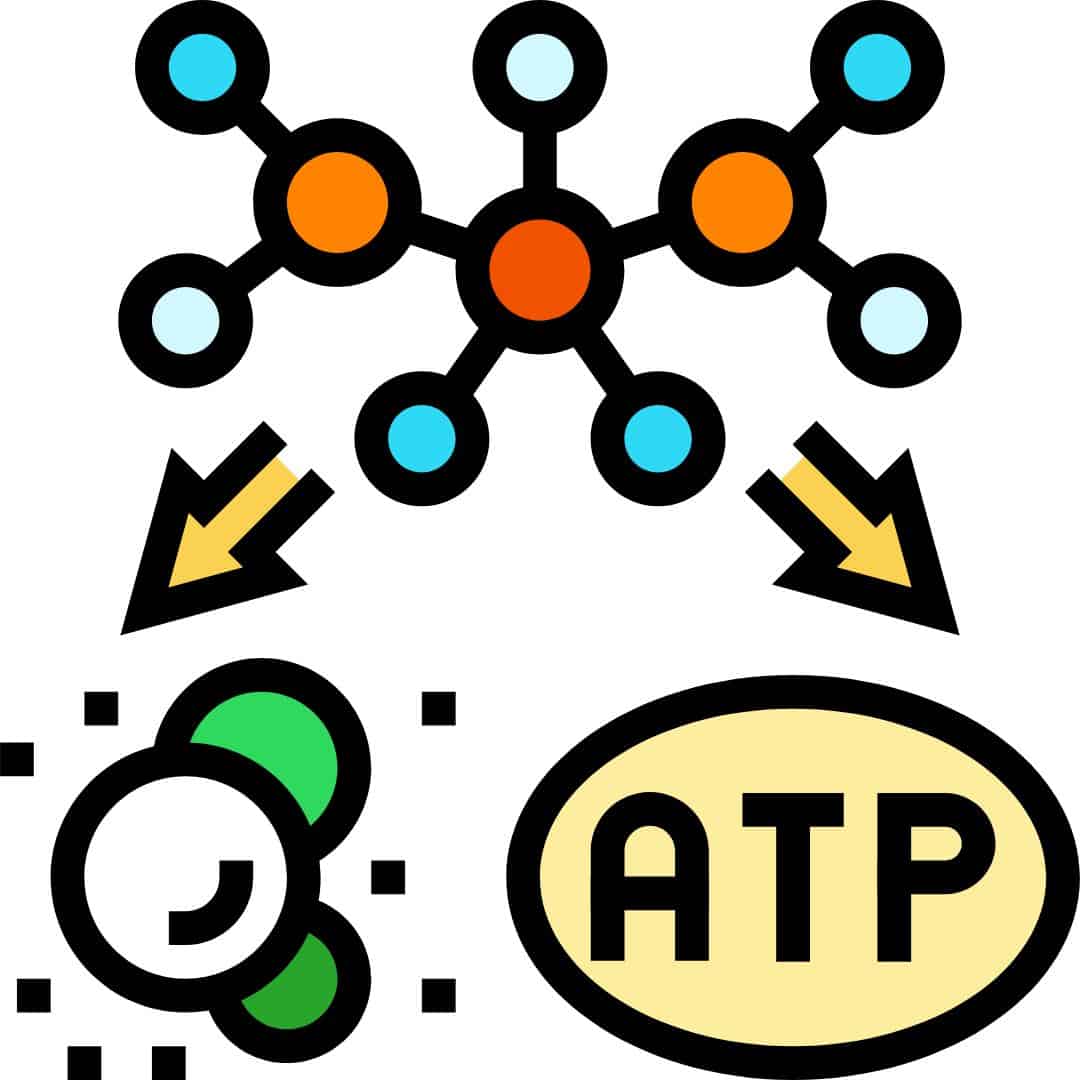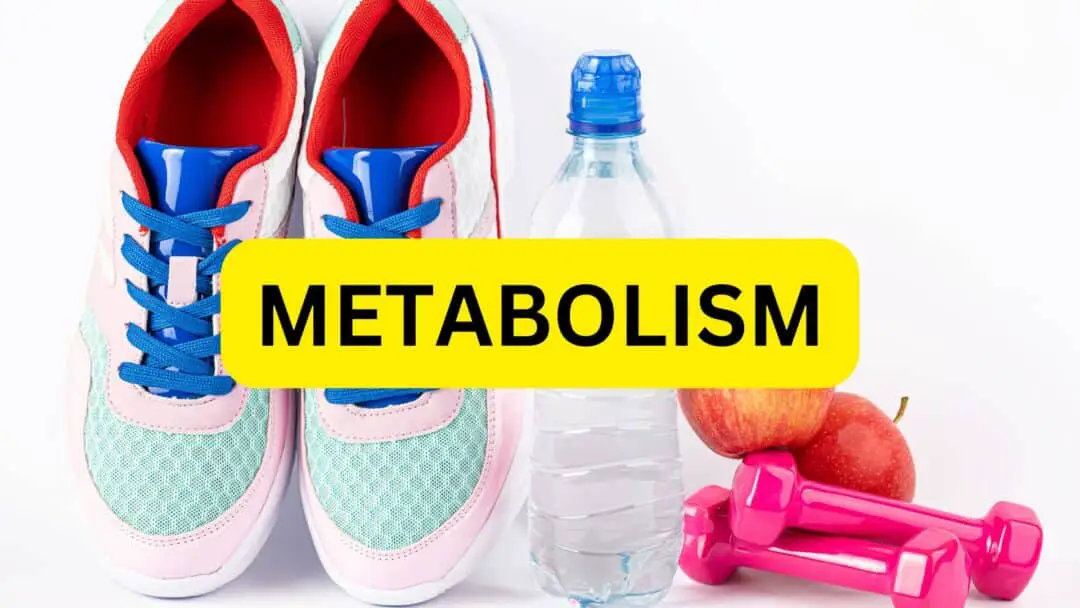Metabolism is a topic I’ve always found fascinating. It’s not just about calories or weight management but encompasses the entire biochemical process that sustains life. Over the years, I’ve learned to appreciate how expressive and complex metabolism truly is. In fact, your entire physical build reflects the state of your metabolic system. Here, I’ll break it down, incorporating my insights and research to optimize this vital process. (Disclaimer)
Table of Contents
What is Metabolism?
When I first started exploring metabolism, I learned that it’s the sum of all biochemical reactions in the body. As I discussed in my other article, a calorie is the energy currency of life, meaning it provides the energy our body needs for metabolism. Metabolism is about how efficiently our body utilizes the calories we obtain from food. Metabolism occurs in two main forms.
Anabolism (Building Up)

This is where the body repairs tissues, builds muscles, or stores energy for future use. For instance, when we do strength training, our muscles undergo anabolic processes to grow stronger and larger.
Catabolism (Breaking Down)

This process releases energy by breaking down food molecules. Think about how your body digests a hearty meal after a long day, but catabolism is not limited to food alone. When there is a shortage of calories or your intake falls below your BMR (Basal Metabolic Rate), your body breaks down stored energy, which may come from fat or muscle. This is why people become thin as they eat less than what their body requires.
Components of Metabolism
All the following factors collectively contribute to the process of metabolism.
Basal Metabolic Rate (BMR)
This is the energy needed to keep basic functions going—like breathing or keeping the heart beating. BMR increases if you live a physically active life and have more muscle mass. This is because your body would need more energy or calories for building and repairing which we discussed in Anabolism.
Age also plays a major factor in BMR. As you age, maintaining the same level of fitness becomes challenging which declines BMR.
Thermic Effect of Food (TEF)
I love the fact that simply digesting food burns calories! For example, Protein-rich meals make my body work harder during digestion compared to carbs or fats.
Physical Activity
Well of course physical activity needs energy. Even simple tasks like taking the stairs or standing more contribute to calorie burn through Non-Exercise Activity Thermogenesis (NEAT). This is where Catabolism plays its role
Types of Metabolism in People
Often, two people with similar diets do not have the same physical build. This is because they have different metabolisms.
Fast Metabolism
Everyone has that person they know who eats all they want without gaining weight. This is because their metabolism efficiently utilizes energy consumed. This honestly bugs me a lot, I wonder God why not me.
Slow Metabolism
Here energy consumed is stored more than energy utilized. Naturally body does not utilize what it does not need and store energy as fat for a rainy day. The general idea is to increase your physical activity level and utilize more energy to burn more calories.
Factors Influencing Metabolism
Body Composition

Building muscle through strength training has been the most effective way for me to boost metabolism. Muscle burns more calories than fat, even at rest.
Diet
I once tried crash dieting and quickly learned it slowed my metabolism significantly. I was tired all the time, brain fog and what not. Lesson learned: consistent, balanced eating works best.
Sleep
When I don’t get enough rest, I feel sluggish the next day. There is more anabolic activity at night than during the day. So enough sleep is mandatory and non-negotiable.
Metabolic Disorders
During my research, I found that some disorders make it impossible for a person to alter or tweak with their metabolism.
Hypothyroidism
Metabolism slows down in this type of disorder and this often leads to fatigue and weight gain. Please consult your doctor for best course of action.
Diabetes
It is well known that diabetes is a disorder in which insulin is not efficiently regulated. This can make a person overweight or even thin as a stick. My shoutout to the world is that please just start doing any moderate physical activity and not wait for some disorder to strike first.
Boosting Metabolism
Based on my experience, strategies that work are
Dietary tweaks

Adding more protein-rich meals has kept me fuller longer while boosting TEF. Stay hydrated throughout the day and maintain a consistent balanced diet. Do not mix fasting and extreme dieting. While fasting is beneficial extreme dieting is not. Focus on nutrient dense foods, whole foods. Also maintaining your Gut Microbiome is very important. Incorporate fermented foods in your diet.
Exercise
Strength training builds lean muscles. And muscle mass improves metabolism since those muscles need calories for maintenance. Doing aerobic exercises also kick starts your metabolism and it stays elevated for a longer part of the day.
Lifestyle Adjustments
Practicing mindfulness and yoga helps me manage stress, which otherwise elevates cortisol and impacts metabolism.
Prioritize Sleep

At least 7-9 hours of quality sleep works wonders for energy levels.
Conclusion
Metabolism is dynamic and influenced by everything from genetics to lifestyle choices. While it may feel unchangeable, I’ve discovered that small, consistent adjustments can significantly improve how my body burns energy and maintains balance. Embrace the process—it’s worth it for a healthier, more fitter you.
- More Than Fresh: The Unexpected Nutritional Punch Of Frozen Vegetables – April 18, 2025
- Beyond The Diet: My Unexpected Discoveries With Intermittent Fasting – January 11, 2025
- Shilajit: A Deep Dive Into The Himalayan Elixir – January 5, 2025

Leave a Reply